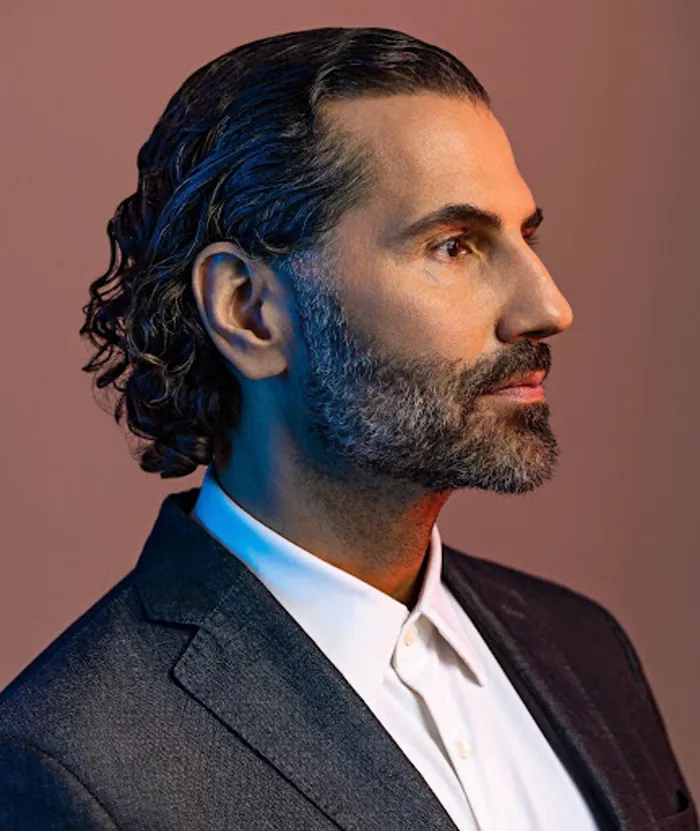
How excited would you be about the industry you work in if your profit potential formulaically contracted quadrennially, super powerful politicians hated it, and you knew the actual date on which it would cease to exist? Such is the scene of bitcoin miners, the bionic combination of robust computers and their human orchestrators that tirelessly seek to digitally unearth new bitcoins by solving increasingly complex math equations. Every four years marks a “halvening” of the reward – a certain number of bitcoins – for each newly minted coin, which is meant to limit the number of bitcoins in circulation and reflect the expected rise in value of the digital currency, but it’s also deflating for bitcoin miners. Comparing the evolution of bitcoin mining to gold mining is an obvious but nonetheless effective metaphor. In the early days of gold mining, a lone miner with a pickaxe might chip off enough gold in his first strike to retire, which is how all the crypto bros who got into Bitcoin early are idly living on the beach in Puerto Rico. These days, gold mining and bitcoin mining are massively time, equipment, and capital-intensive pursuits limited to well-resourced companies–like Bit Digital (NASDAQ: BTBT), the publicly traded bitcoin mining company run by Samir Tabar. An Oxford and Columbia Law School graduate who cut his teeth in big law and traditional finance, he’s ostensibly a strange fit for an anti-establishment industry that makes as many headlines for its charlatans as it does breakthroughs, but he might just be the kind of person who can help save Bitcoin mining from regulators, shrinking margins, and crypto bros.

Samir, who welcomes you to call him Sam, got into crypto in 2017, just after federal and state governments started really paying attention to blockchain technology. About half of the 21 million possible bitcoins had been mined, and the reward to miners for each bitcoin mined had just been halved to 12.5. It isn’t known how many bitcoin miners there were in 2016, but there are certainly more today, and they’re mining the 2 million remaining coins for half of the reward. After side-eyeing crypto for years, 39 states now have legislation enacted or pending, and shortly before Sam was appointed as CEO of Bit Digital the company (along with five others crypto miners) received a strongly worded letter from Sen. Elizabeth Warren asking a litany of questions about energy use and expansion plans. One could compare Sam’s industry timing to arriving late to a hedonistic party that seemed very likely to get busted by the cops. That isn’t how he sees it, though. Sam seems to enjoy the intersection of complexity and unanswered questions. “This is when it gets fun,” he says with a bit of a smile.
The type of people who were drawn to Bitcoin in the early days typically aren’t the type of people who could run the kind of business that Sam runs: one with a pristine balance sheet, a commitment to being carbon-free (99% of their energy is already from renewables) and an increasingly diversified revenue stream. Anticipating legislative scrutiny and personally committed to making bitcoin mining sustainable, Tabar’s team moved Bit Digital’s considerable operations – nearly 40,000 bitcoin miners – from China to the US, Canada, and Iceland. After weathering the 2008 financial crisis, Sam is also focused on balance sheet strength and resilience in the event of another crypto downturn. He managed to put the company in a position to become a lender to other bitcoin mining operations, securing loans against desirable assets. “It’s a win-win, either way,” says Tabar, “meaning we profit regardless of the outcome.”
Anyone who isn’t a politician funded by old-school finance would look at Bit Digital and give it a gold star for working harmoniously with local economies, leading the industry into a green future, and operating with exceptional financial prudence.
There remains the matter of bitcoin mining’s existential threat, but Tabar seems to have that covered, too. “There’s been a culture of tribalism in the cryptocurrency industry,” he says.
“Your coin affiliation is even more rigid than your political ideology – you’re either for Bitcoin or Ethereum, and that’s shortsighted and frankly limiting from a revenue perspective.” Sam and his team have built into Bit Digital a unique, symbiotic perpetual flywheel where the company accumulates and stakes (the process of transaction validation) Ethereum, which creates an attractive hedge and generates revenue that can be reinvested into bitcoin mining operations or added to an already robust balance sheet. “It’s the philosophical and operational difference between the short-term greed of crypto’s past and the shareholder value of crypto’s future,”
Tabar says. “How can we nurture a culture of continuous innovation but find ways for the upside to benefit everyone?” And with that sentiment, Sam could be separating himself from traditional financiers in his past but also the crypto bros of Bitcoin’s past. But time will tell.
By Adam Devine
Related Topics:
